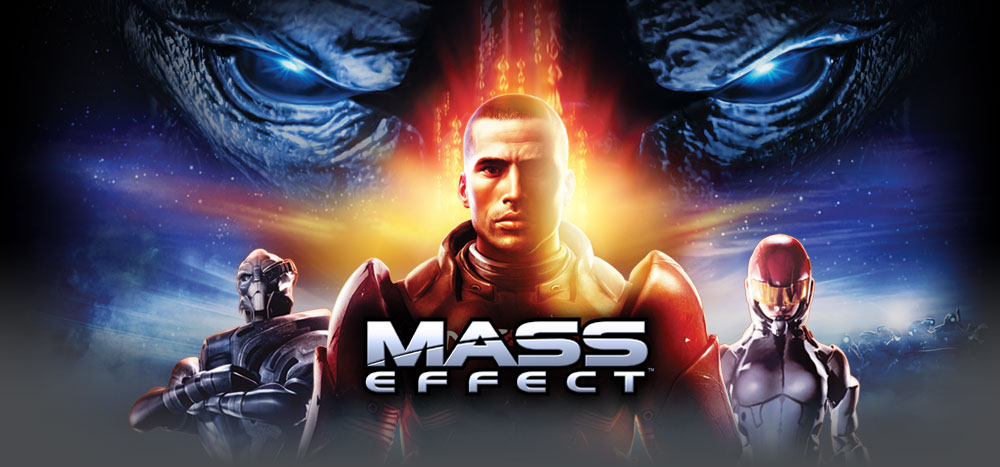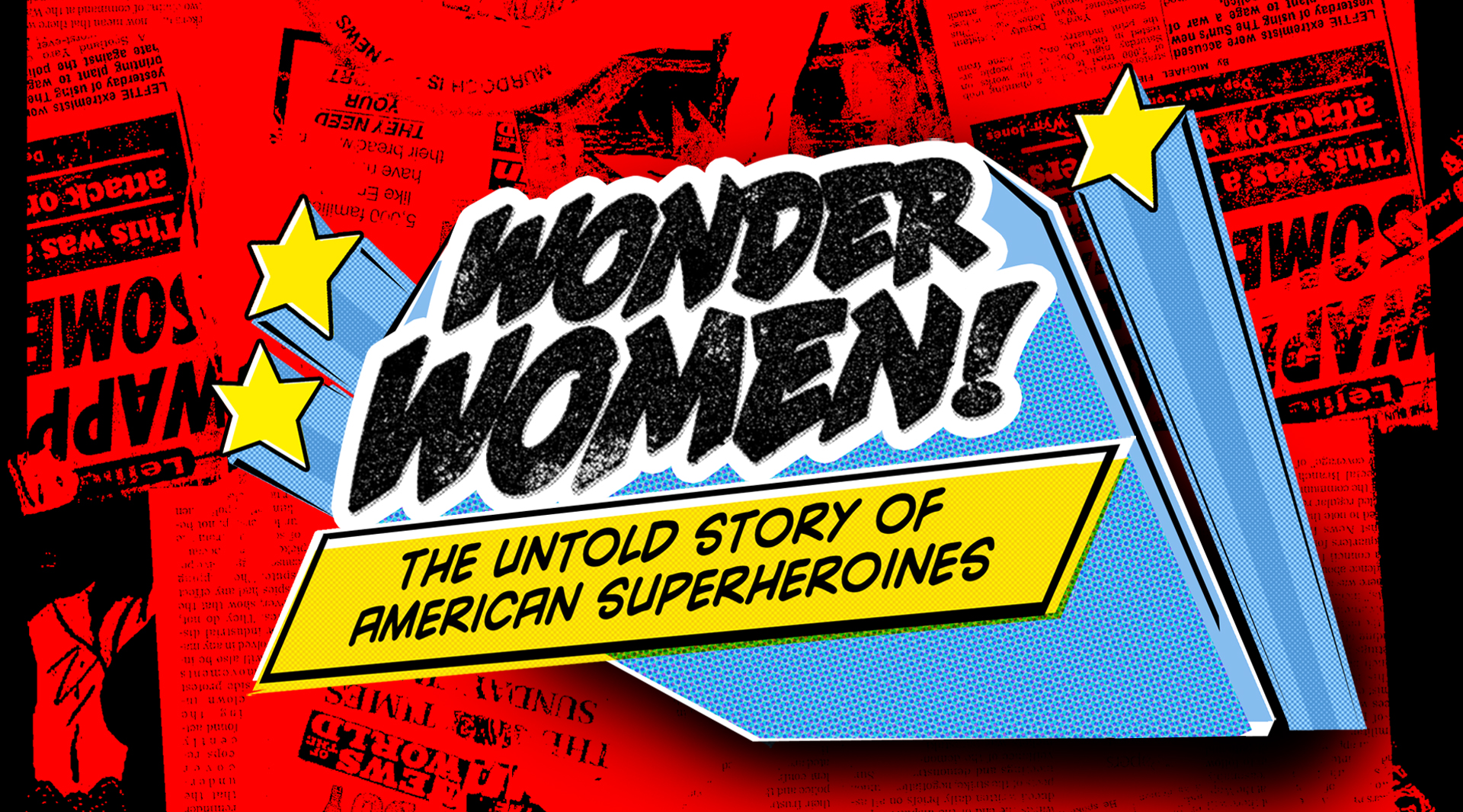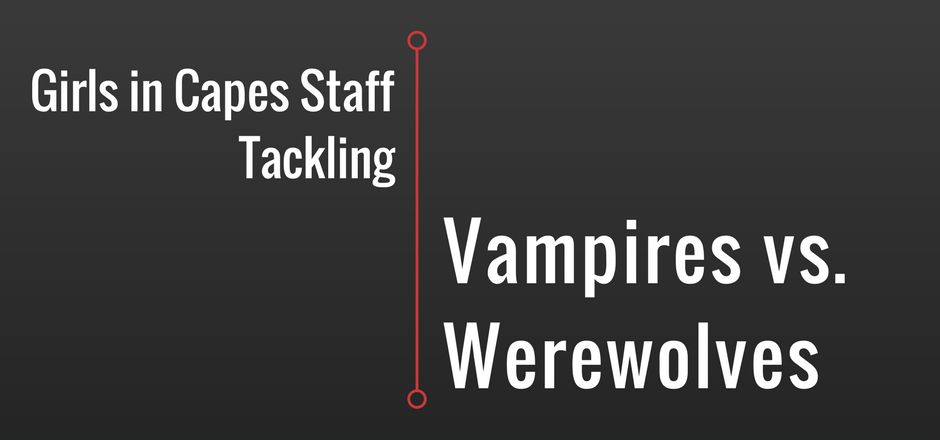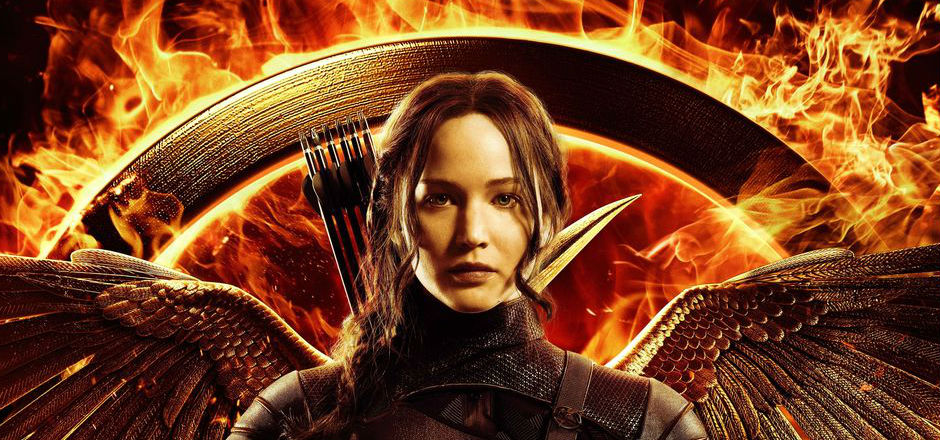The Tamora Pierce series Trickster’s Choice is possibly the number one most problematic series I’ve ever read in my life.
That was something I realized when I first read the series, even though the books were by my favorite author and I wanted so badly to love it. That was something I realized even when my youth provided no words for me to explain exactly what it was that bothered me.
The novel follows Aly, the daughter of Alanna the Lioness, who is captured on a slave ship and sold into a household on the Copper Isles, where white-skinned colonists (the luarin) treat the brown-skinned raka like second-class citizens in their own nation. After interacting with the trickster god Kyprioth, Aly becomes a major player in overturning the colonial rule of the Rittevons, the current ruling family, to reinstate the native line of rule.
Of the various bones I have to pick with Trickster’s Choice, there’s one that stands out to me the most. Aly is a white-skinned hero of a story that is about race — more specifically, a white hero who is the only possible person who could “save” the brown natives from colonial rule, despite the fact that the very person she reinstates to rule the raka is a brown-skinned woman herself.
And that is a problem.
The white savior trope (find a brief overview on Wikipedia here) is a structure found in many movies featuring a white person who rescues people of color from some kind of issue, often a predicament of racial oppression or violence. As one writer at Salon puts it, “These story lines insinuate that people of color have no ability to rescue themselves.” Aly’s role as the savior of the Copper Isles’ raka insinuates that the raka are powerless — and, in some scenes of the story, insinuates the raka are simply not intelligent enough to achieve freedom and self-rule on their own.
The most disappointing part? Trickster’s Choice could have showcased a strong female character of color who helped end colonial rule — but it didn’t.
Despite how much I love the Tortall universe, the issues presented in Trickster’s Choice still stand out to me as something I don’t like, something that’s problematic, and opens the door to revisit other books set in the universe to examine them with a more critical eye.
As geeks, there are a ton of things we love, but loving something shouldn’t stop us as consumers from looking at it critically. This month, we’re examining a number of things we love to more closely examine the problems that we find within. From problematic couples to creators to check out with a grain of salt, we’re looking at things we love and pointing out exactly where we wish it could be even better. From Teen Wolf to Buffy and beyond, join us this October as we explore the things we love and the problems they need to address.
—
Feliza Casano is a fan of anime, manga, and every sort of book as well as editor in chief at Girls in Capes. She writes for all sections of the site, and she’s the one behind GiC’s Facebook and Twitter. Follow her on Twitter @FelizaCasano.
Interested in more topics on Tortall? We’ve named Tamora Pierce as one of our favorite authors in Our Favorite Things, and you can learn more about how Kel from Protector of the Small parallels real-life women in last month’s editor’s letter.





